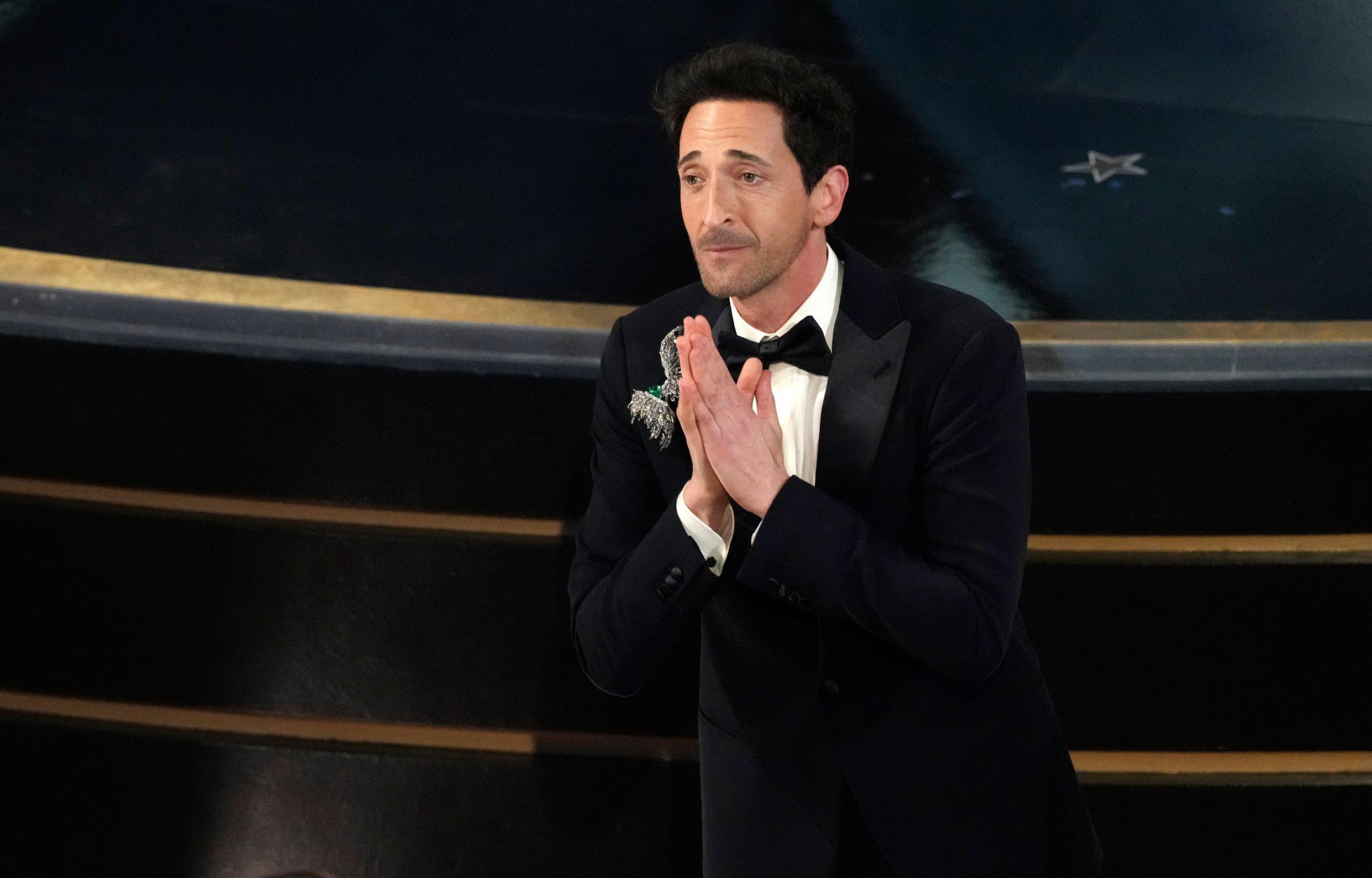
“England’s libel laws are unjust, against the public interest and internationally criticised — there is urgent need for reform” this is the message performers, writers, poets, patient groups, legal experts, broadcasters, journalists and others represented by the Coalition for Libel Reform (English PEN, Index on Censorship and Sense About Science) are sending to politicians urging them to support a bill for major reforms of the English libel laws now, in the interests of fairness, the public interest and free speech.
At the launch of the National Campaign for Libel Reform on Thursday, performers and others urged the public to sign a petition demanding reform of the libel laws, highlighting that for the first time in over a century we have an opportunity to change our unfair and repressive libel laws.
For the full text of the petition and to sign up please see www.libelreform.org
Comments:
Stephen Fry, Broadcaster and Author: “A country with Britain’s history of ancient liberties should be celebrating its part in the development of democracy around the world: instead we cringe with embarrassment at archaic, unfair and illiberal laws on libel that make us a global laughing stock. From true free speech flow cultural richness, political liberty and wider prosperities. Instead, our current laws can be manipulated to protect the corrupt and to hide the truth. They are threatening to throttle the life out of our traditions of openness and freedom and to betray all those who fought over the centuries to keep us free.”
Dara O’ Briain, Performer and Author: “The English libel laws were supposed to support the principles of decency and fair play that this country has always aspired to. Nowadays though, those values have been dangerously reversed.
Is it fair play that multinational companies can use the laws to suppress commentary and criticism?
Is it fair play that foreign libel tourists can use the English laws to quash dissent in their own countries?
Is it fair play that there is no defence of “public interest” so that important scientific matters, such as public health or dubious medical practices, cannot be properly debated?
Is it fair play that the cost of a libel case in England is 140 times the cost in mainland Europe?
For journalists, performers, scientists and writers, the libel laws in England are becoming a dangerous joke.”
Yasmin Alibhai-Brown, Journalist and Columnist: “Freedom to write is said to be precious and protected in western democracies. That fundamental principle and the right to disagree with people and institutions is being compromised and threatened by those who use the law not for redress but as a warning to those whose views they resent. Many conscientious journalists and authors are finding their hands and tongues are tied.”
Jonathan Ross, Broadcaster: “The time is now to change these archaic libel laws unless you like the idea of returning to the Dark Ages. Let’s free scientists and journalists to report the truth about science and medicine. You know it makes sense.”
Professor Jim Al-Khalili, Professor of Theoretical Physics, University of Surrey, Author and Broadcaster: “At a time when scientific honesty and transparency are in the headlines, it is vital that we can all freely question, probe and scrutinize claims that affect society.”
Professor Raymond Tallis, Emeritus Professor of Geriatric Medicine and Author: “I think the public must now know that they should be afraid, very afraid, of the way the libel laws are being used to suppress challenges to dangerous and fraudulent scientific claims.”
Nick Cohen, Journalist: “In its exorbitant costs and institutional bias, the English libel law is the greatest restriction on our right to freedom of expression. Unless we reform it, intelligent debate in this country will wither.”
Roger Highfield, Editor, New Scientist: “England’s libel laws mean that even for people striving to be even handed, for instance in discussing the scientific evidence backing a medical therapy, there’s a chilling atmosphere of fear and uncertainty because of the extraordinary expense of having to defend an action. The biggest losers are the public interest, and most importantly, people’s health.
We must defend the freedom of scientists, researchers and journalists to engage in robust criticism of scientific and pseudoscientific work. It is high time politicians reformed the law. This will only come if campaigners maintain the momentum for reform during the forthcoming British general election and beyond.”
Richard Wiseman, Professor of the Public Understanding of Psychology, University of Hertfordshire and Author: “England’s libel laws and high legal costs can deter individuals from speaking out against bad science. They should be reformed to help ensure the public get the whole story.”
Ben Goldacre, Medical Doctor and Bad Science Columnist: “Laws that stifle debate harm patients, because in medicine we have seen repeatedly that people can do great harm, even when they intend to do good. So we can’t just tolerate criticism of our ideas and practises: we must welcome it, because criticism is the only way that our ideas and practises improve.”
Mark Le Fanu, Society of Authors: “Authors – particularly those who write biographies of the living or on current affairs – worry a great deal about the risk of being sued for libel as the law is so favourable to claimants. ‘If in doubt, leave it out’ is an unhealthy maxim that authors feel bound to follow.
As the law is known to be so helpful to claimants, opportunistic – sometimes wildly extravagant – claims are made by those who can afford to engage lawyers. Authors and publishers feel under pressure to capitulate, regardless of the strength of their case, knowing that defending a libel action is vastly expensive, hugely time-consuming, very worrying and highly unpredictable. That is why we support the campaign to reform the law of libel.”
Natasha Loder, The Economist and President, Association of British Science Writers: “Censorship doesn’t start in the courtroom, it doesn’t start with your editor, it doesn’t even start in the pen, it starts in my brain. The difficulty and cost of defending a libel case mean I am not able to write the truth, which has to be wrong.”
Mark Lewis, Media Lawyer: “Lawyers should be scared of doctors not doctors scared of lawyers.”
Marcus Chown, Author, Journalist and cosmology consultant to New Scientist: “It is depressing and deeply worrying to see the UK libel laws used to gag legitimate scientific debate. If nothing is done to rectify this situation, in the long run all of us, whose lives have been improved by the advances of medicine and science, will suffer.”
Marcus Brigstocke, Writer and Performer: “We urgently need a full review of the way that English libel law affects discussions about evidence. The notion that a scientist with legitimate questions to ask about the veracity of claims made by any practitioner or organisation claiming to serve the public and improve it’s health, should be intimidated into keeping silent for fear that the British legal system will find against him is abhorrent.”
Professor Michael Baum MB, FRCS, ChM, MD, FRCR, Professor Emeritus of Surgery and Visiting Professor of medical humanities, University College London: “The whole scientific community and all those who support evidence and compassion in the care of the sick and all those who think that the search for truth is a laudable activity, must stand shoulder to shoulder with Simon Singh in his fight against a legal system that encourages the propagation of arcane voodoo belief systems whilst inhibiting free speech.”
Diana Garnham, Chief Executive, The Science Council: “Delivery of professional health care should be based on science, not libel laws. It goes without saying that all professional health care scientists must be expected to base their professional practice on scientific methodology, encompassing both a rigorous evidence base and open peer review.”
Professor Les Iversen FRS, Department of Pharmacology, University of Oxford: “It is shocking that our health service is willing to use taxpayers money to provide alternative treatments that have not been scientifically validated, and even worse is the gagging of journalists who dare to point out the shortcomings of these treatments.”
Nick Ross, Broadcaster: “I spent some time this summer in the high court watching a most unusual libel trial – what made the case so improbable was that the defendant won.
Although the verdict was the right one the trial was not an edifying experience. Truth is frequently the casualty of a system that is supposed to ensure truth. A process that purports to protect vulnerable people from pernicious lies more generally protects the rich and acts as a gag on reasonable debate. Just the threat of litigation is often enough to halt rational discussion. And when that gag is applied to science it has particularly distasteful consequences. Science thrives on challenge. It relies on open publication. It can only prosper in an atmosphere of openness. When vested interests seek to censor it we are all endangered.
We are now witnessing a spate of legal actions against scientists and science writers. The law suits are against the public interest. And they must galvanise us into reforming the law so that scientists are not bullied into silence in the future.”
Roy Greenslade, Journalist: “I welcome all pressure that is being applied to Government to reform the iniquitous libel laws. We have delayed too long.”
Tracey Brown, Managing Director, Sense About Science: “We have to show politicians that small tinkering with the libel laws won’t do – we need a real public interest defence. Otherwise, there will be more cases like those against Simon Singh and Peter Wilmshurst, and the libel laws will continue to be the tools of well-funded bullies who want to silence criticism.”
Jonathan Heawood, Director of English PEN: Our libel laws allow people accused of funding terrorism or dumping toxic waste in Africa to silence their critics whilst ‘super-injunctions’ stop the public from even knowing that such allegations exist. We need to reform our libel laws now, and that’s why we’re launching a national campaign to persuade our politicians to do so.
John Kampfner, the CEO of Index on Censorship: If we don’t act we’re at risk of becoming a global pariah. There are US States who view English libel law as so damaging to free speech they have passed laws to effectively block the decisions of English judges. Our report is an important milestone in modernising our antiquated and chilling approach to free expression.





